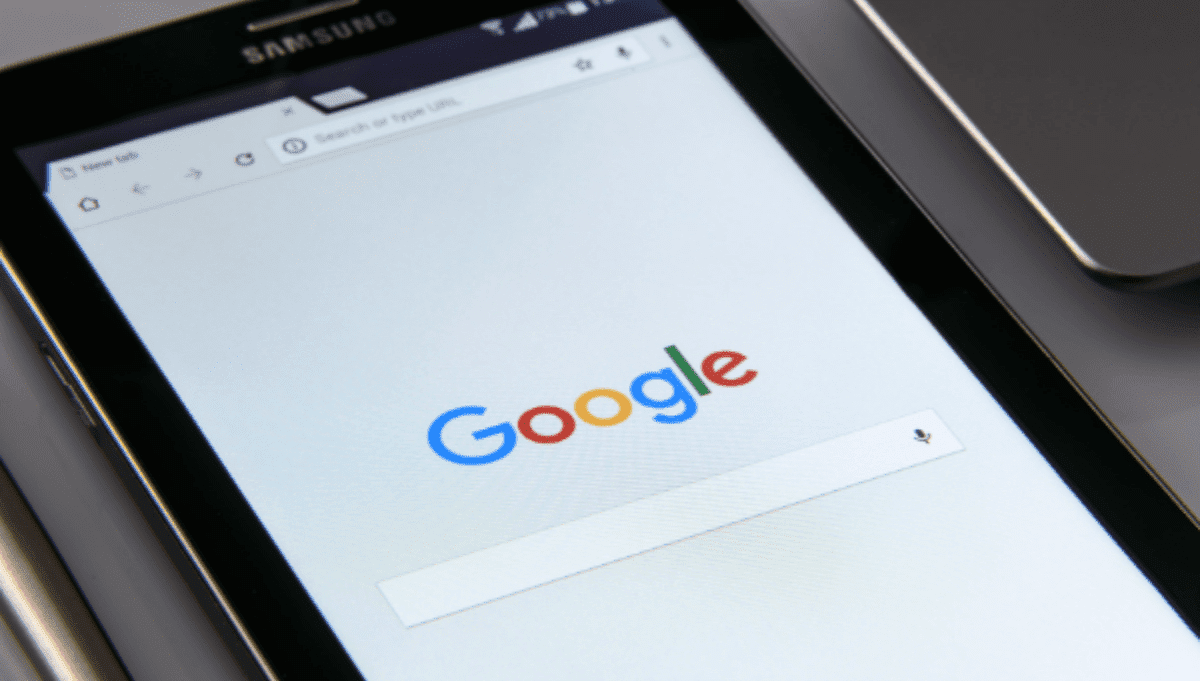
We will focus on how the crisis affected SEO in 2020, but also we will evidentiate why it is mandatory to build an SEO campaign during a crisis.
>Share this post<
by kooomo
February 22, 2020
Search engine optimisation has been a crucial part of online marketing campaigns for years now, mostly because its main role is to bespoke with your web content. As SEO is a process that has results for the long haul, its procedure might be confusing. In SEO, there is no clear checklist for expanding search results because search engines are missing clarity on what the ranking process is about. Another aspect is that search engines ranking factors are constantly changing and what seemed to be working yesterday might no longer be working tomorrow. As the number of users who are searching online grows, SEO is an important asset for brands which are continuously seeing engagement during this time versus those which are not.
Since we’re almost one year into the pandemic, in today’s article, we will focus on how the crisis affected SEO in 2020, but also we will evidentiate why it is mandatory to build an SEO campaign during a crisis.
If we go back to March 2020, as detailed in our SEO blog post, there was a spike in searches for “toilet paper near me” and “hand sanitiser near me” and increased traffic to websites that sold these essential products.
Moreover, in the same SEO blog post, we detailed how health and wellness websites and apps were gaining traction and websites that provide recipes seemed to have an increase in impressions and clicks.
Later on, in our blog post from April 2020, we debated topics that had been on the mind of SEO experts, such as: How has Coronavirus impacted the SEO Metrics of my campaign or Should I change my SEO strategy?
Moving on to May 2020, Marie Haynes researched on how COVID-19 was affecting eCommerce traffic around the world.
Digital marketers and eCommerce managers were being interviewed on how Coronavirus has changed their organic traffic.
From 1548 answers, 49% confirmed that they have seen a decline, 21% agreed that they haven’t seen a lot of change and 14% said that they have observed traffic improvements.
Additionally, the survey found:
- A decrease of 40% in eCommerce websites from the fashion industry
- Organic visits declined for healthcare websites, except sessions to pharmacy location pages, which have increased
- Traffic to finance websites declined between 25% and 30% on average
On one hand, there are just a few industries that saw any sort of traffic increase in the course of these challenging times. Healthcare industries have seen substantial traffic growth.
On the other hand, PR, construction, real estates, transportation, travel and tech industries have seen a massive decrease.
Changes in search engines
Search engines, by definition, give the best answers to the topics of greatest interest to the users.
For example, Google and Bing have provided SERP enhancements to provide information on COVID-19 with alerts, worldwide maps with the cases, help & information and a common questions feature.
Moreover, they have generated specific pages to provide information on COVID-19 topic:
The results from Google SERP that are related to COVID-19 provide the information required by EAT (Expertise, Authoritativeness and Trustworthiness).
Needless to say that medical institutions and local government agencies increased their results, while Wikipedia decreased some positions.
Search engines, by definition, give the best answers to the topics of greatest interest to the users.
For example, Google and Bing have provided SERP enhancements to provide information on COVID-19 with alerts, worldwide maps with the cases, help & information and a common questions feature.
Moreover, they have generated specific pages to provide information on COVID-19 topic:
The results from Google SERP that are related to COVID-19 provide the information required by EAT (Expertise, Authoritativeness and Trustworthiness).
Needless to say that medical institutions and local government agencies increased their results, while Wikipedia decreased some positions.
How Google is reinventing itself
Still, in May 2020, Google was launching new SERP features which were meant to be useful for its users. If we search for ‘’coronavirus’’ on Google SERP, we will receive a bunch of new panels which offer additional information about the virus to the people. In fairness, this search is picking content from different institutions such as the Centre for Disease Control (CDC), World Health Organization (WHO) and assets from local governments.
Moreover, Google distributed the following features to support users during the pandemic:
Safety tips to anticipate the disease spread;
An ‘’Affected Area’’ panel that shows a world map with the outbreak spread in different regions;
’’Symptoms’’ panel which is evidentiating the frequent symptoms of the virus.
An ‘’SOS Alert’’ panel.
The advantages of SEO during a crisis
A tool that can give insights into your eCommerce strategy, will it imply a cost. SEO is a domain which adds value to your business, by emphasising content that can bring more quality to your website.
Growth on long-term
In terms of long-term growth, SEO is also critical. If you gain a top position on Google, you have a good chance of staying there for a long time. In case you lose the position, you might need to make some extra efforts to update content or make small changes. This is why SEO is such a powerful asset during COVID-19. Brands which have increased their position a few months ago have peaked in high-traffic, with fewer achievements nowadays.
- Creating confidence
In a crisis, it is always recommendable to create confidence in your audience.
SEO relies on that trust as users believe in Google’s ranking system. Most people assume that the websites from the top positions of Google SERP are very precise.
- Metrics for your audience
By keeping a rank of your keywords or for your website pages, you will understand exactly what your audience is searching for. Knowing which keywords are acquiring the most coherence, you will be able to correct and create relevant content.
Conclusion:
Since COVID-19 has impacted businesses from all over the world, we will keep an eye on how SEO can help you with your digital marketing challenges. There is no better time than the present to build your SEO strategy. Begin your campaign today and keep up with Kooomo SEO Blog to learn new tips and tricks which will help you reach your place on Google.
More to explore
Here’s an overview of the latest improvements that are now available in the Kooomo platform.
In the next few years, we are foreseeing an impressive increase for the global retail industry. While this can be beneficial for the global eCommerce industry, it also means that there will be more competition, as well.

 en
en 

